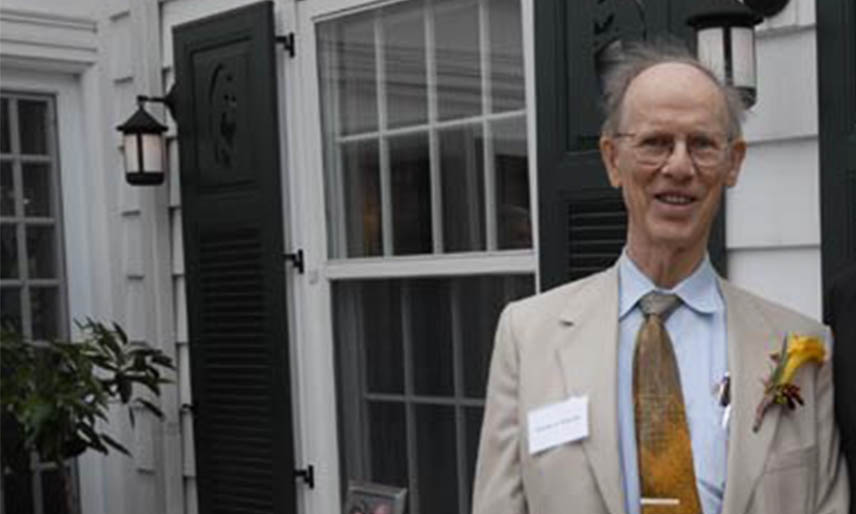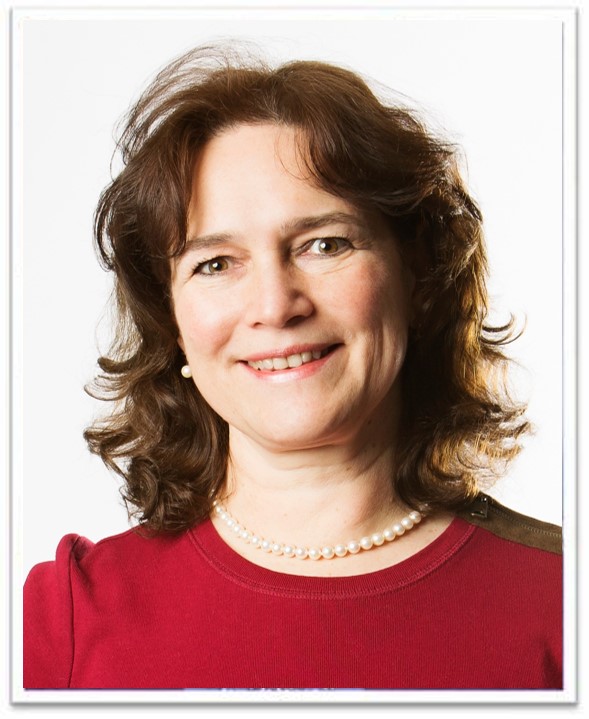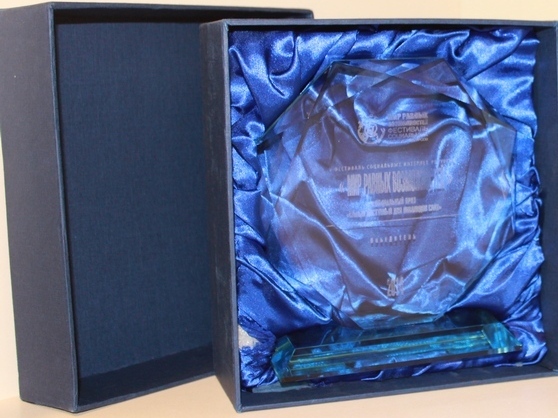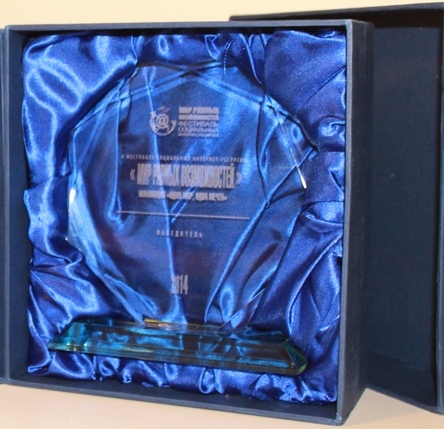 Фонд муковисцидоза (Cystic Fibrosis Foundation) и Европейское общество муковисцидоза (European Cystic Fibrosis Sociey) с прискорбием сообщают, что 15 февраля 2016 ушел из жизни Dr. Warren J. Warwick, проработавший многие годы в Центре муковисцидоза в Университете Миннесоты (США), с 1960 по 2011гг.
Фонд муковисцидоза (Cystic Fibrosis Foundation) и Европейское общество муковисцидоза (European Cystic Fibrosis Sociey) с прискорбием сообщают, что 15 февраля 2016 ушел из жизни Dr. Warren J. Warwick, проработавший многие годы в Центре муковисцидоза в Университете Миннесоты (США), с 1960 по 2011гг.
Он обладал многими достоинствами и достиг большой известности в медицинском сообществе всего мира, но основным и непревзойденным его качеством было стремление улучшить качество жизни и ее продолжительность у больных муковисцидозом. В 1964 году Dr. W.J.Warwick объединил имевшиеся тогда в США центры муковисцидоза (31 МВ центр) для выработки лучшей тактики по лечению муковисцидоза. Именно от этого Проекта ведет свою историю американский Регистр пациентов, больных Муковисцидозом https://www.cff.org/Our-Research/CF-Patient-Registry/
Будучи ведущим пульмонологом-физиологом Dr.W.J.Warwiсk был одним из тех, кто первым заинтересовался механическим подходом к дренажным техникам дыхания для удаления вязкой мокроты из бронхолегочной системы больных муковисцидозом и предложил перкуссионный жилет (высокочастотной осцилляции), который применяется сейчас во всем мире.
Подробнее (на английском языке) можно прочитать о Dr.W.Warwick:
1) https://www.cff.org/CF-Community-Blog/Posts/2016/Warren-Warwick-a-Pioneer-in-CF-Care-and-Research/
2) https://www.ecfs.eu/content/drwarren-warwick
3) воспоминание проф. John Dodge о Dr.W.Warwick:
Warren Warwick: A European perspective
A statement from Preston W Campbell III, President and CEO of the Cystic Fibrosis Foundation.
“It is with a heavy heart that I share the passing of Warren J Warwick MD who died in Feb 15th 2016.
Dr Warwick had a profound and lasting impact on the CFF through his scientific expertise and his
longstanding commitment to his patients”
Warren was 88 years old when he died. He had many skills, and many achievements, but his
outstanding quality was an unrivalled dedication to improving the quality and duration of the lives of
CF patients. Data from his clinic in Minneapolis shows that his patients lived about a decade longer
than those in other CF centres worldwide. To achieve this result he had developed or recruited
expertise in epidemiology, statistical analysis, pulmonary physiology, immunology, infectious disease
control, pathology, physiotherapy, gastroenterology, nutrition, endocrine and diabetic care, nursing,
adult medicine, genetics, psychology, and engineering. He worked with pharmaceutical and medical
device companies, and with charities and voluntary agencies. He built a motivated team, many
members of which have become eminent in their own right inspired by his leadership and
encouragement. The extra ingredient was patient and family contact time. Warren routinely spent
45 minutes with each consultation, checking medication doses and adherence to treatment, and
empowering his patients to adapt their own regimes in (sometimes unorthodox) ways which would
help them maintain or improve their clinical state. He helped develop the percussive vest for CF
because human physiotherapists were not always available and were costly. He set no limits to life
expectancy. He never promoted himself. He simply examined all the evidence and went wherever it
took him. Although tenacious and sometimes iconoclastic, he was gently spoken and avoided
confrontation. But the success of his clinic became public news when it was highlighted in an article
in the New Yorker in 2004 which resulted in CF patients from all over the USA and beyond seeking a
consultation. His Annalise Marzotto professorial chair in the University of Minnesota was named for
an Italian patient who had died there.
What other European connections did Warren have? After graduating MD in Minneapolis, and
service in the armed forces, he had decided to be a paediatrician with a career in pulmonology.
Recognition of CF was rapidly developing on both sides of the Atlantic. Through the Cystic Fibrosis
Club he met European leaders, and before taking up his new post as Director of the CF center in
1962 he spent time in Dr Archie Norman’s clinic in London. There, inter alia, he observed the
importance of expert physiotherapy, nutrition and psychosocial care. He was impressed by the
pathology studies which had been performed by Dr Bodian. Already Dr Norman had observed that
not all CF patients had the same poor prognosis. After returning to the USA Warren set up the CFF
Registry, and explored fundamental issues such as why some patients appear to have a milder form
of CF. He realised that there must be significant numbers of undiagnosed affected infants who died
of failure to thrive before chronic lung disease was established, and never entered the Registry. This
highlighted the need for neonatal CF screening which was already being pioneered in Europe by
Stephan, Mastella and Kerrebijn. He was a familiar figure at European and worldwide CF meetings,
and made many friends.
In 1981 he organised a conference entitled 1000 Years of Cystic Fibrosis. He invited 40 individuals
who had between them spent 1000 years in landmark CF research. Some of the early giants were
getting old. During the 2 years’ preparation for the meeting Prof Fanconi, who is credited with the
original European description of CF, had died. Some Europeans could not attend, including
Flensborg, Anderson, Dietzsch, Stephan and Mearns.
Among those who made it to Minneapolis were Di Sant’Agnese, Shwachman, Barbero, Gibson,
Spock, Lieberman, Sibinga, Docter, and LeRoy Matthews. European presentations came from Jean
Feigelson, Niels Høiby, Charles Kerrebijn, Gianni Mastella, Ettore Rossi, Oluf Schiøtz, and of course
Archie Norman, (who happily is still with us after passing his centenary). The younger Europeans
who either contributed to the spoken papers or posters included Birgitta Strandvik, Hans Kollberg,
Hanna Blau, Beat Hadorn, Daniel Katznelson, Max Zach, Richard Kraemer,and Jean Navarro. The
volume of collected papers is a testimony to Warren’s vision, foresight, energy, eclecticism,
originality and curiosity, before we knew about chloride channels or isolated the gene.
He had one of the most original minds I have ever encountered, always asking how we could make
life better for CF people. He never gave up. As a clinical scientist, he was unsurpassed.
John A. Dodge 2016
проф. Н.Ю.Каширская





